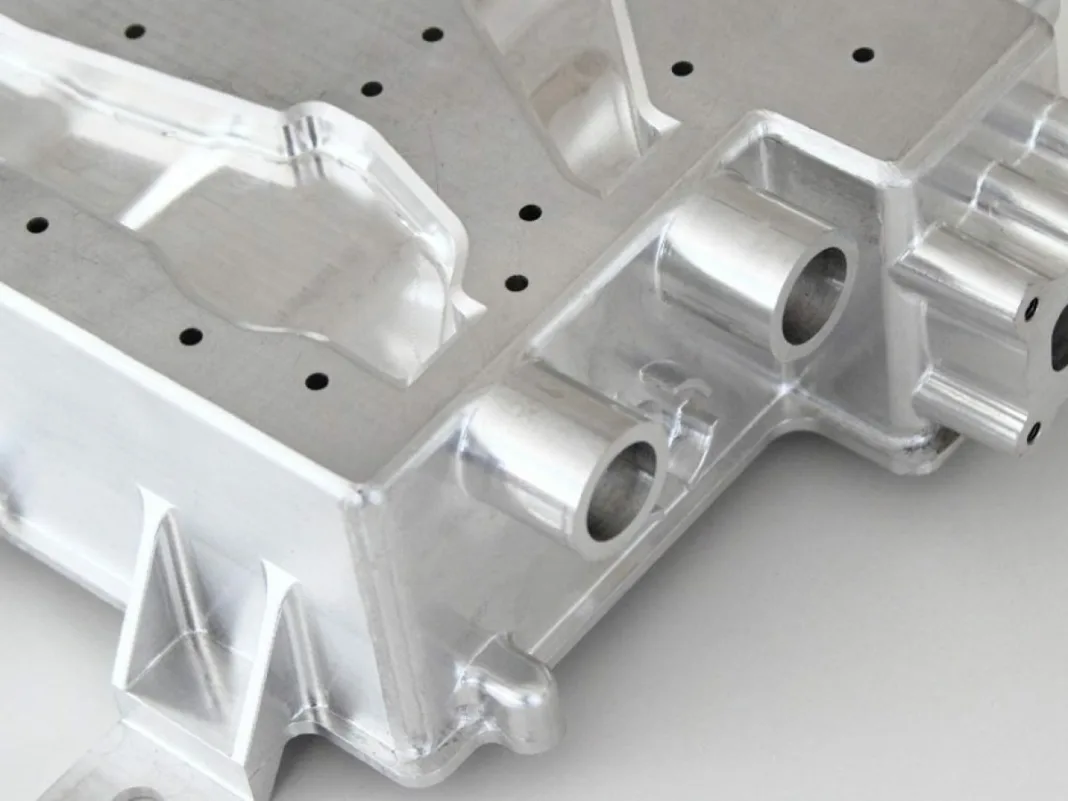CNC milling is revolutionizing the construction industry by offering precision, speed, and versatility that traditional methods can’t match. Whether it’s shaping complex architectural components or creating custom parts, it ensures high-quality results with minimal waste.
This technology allows construction professionals to achieve tight tolerances. It reduces errors and saves time on-site. Additionally, CNC machining can work with a wide range of materials, from metals to plastics. This makes it ideal for various construction applications. Its ability to automate complex tasks also contributes to improved productivity and cost efficiency. In this article, we’ll explore the key benefits and applications of CNC milling in construction.
Benefits of CNC Milling in Construction
Below are some of the key benefits of CNC milling:
1. Unmatched Precision and Accuracy
CNC milling offers exceptional precision, with the ability to cut, shape, and create complex components to exact specifications. This precision is especially crucial in construction, where even the smallest deviations can impact the integrity of structures. CNC milling systems rely on pre-programmed codes. This ensures that each component meets exact tolerances repeatedly. This high degree of accuracy makes CNC milling the go-to solution for producing parts that require consistent quality across multiple runs.
2. Increased Efficiency and Speed
CNC milling machines operate continuously without needing rest breaks. They significantly speed up production. Once the software is programmed, the machine can execute complex tasks in a fraction of the time it would take with manual methods. This efficiency not only reduces production times but also minimizes labor costs. The reason behind this is that the machine requires little to no manual oversight during operation.
3. Versatility with Multiple Materials
CNC milling is versatile and capable of working with a wide range of materials, including metals, plastics, and composites. This adaptability allows manufacturers to switch between different projects without sacrificing efficiency. CNC milling machines can handle the complexity of various materials without a drop in quality.
4. Waste Reduction
One of the standout features of CNC milling is its ability to minimize waste. It uses materials efficiently by following precise tool paths and optimized cutting strategies. This makes it a cost-effective and environmentally friendly option, particularly important in industries where material costs are high.
5. Enhanced Safety
CNC milling machines operate within enclosed environments, reducing the risks associated with manual operations. By minimizing human intervention, these machines create a safer workplace. This is because operators are not directly exposed to cutting tools or heavy machinery. Additionally, the automation of the milling process ensures consistency while reducing the likelihood of accidents on the production floor.
Applications of CNC Milling in Construction
Here are some of the key applications of CNC milling:
Custom Architectural Elements
CNC milling allows architects and builders to create intricate designs for facades, columns, and decorative elements. Whether it’s ornate patterns or functional components like window frames, CNC milling can deliver custom designs with high precision. This makes it invaluable for modern and historical restorations alike.
Structural Steel Components
CNC milling is used to fabricate steel parts with tight tolerances. It is essential for the construction of skyscrapers, bridges, and other large structures. With CNC milling, steel components can be cut, shaped, and drilled precisely. This ensures they meet the structural requirements of major construction projects.
Woodworking and Interior Finishes
CNC milling is widely used in interior construction, from intricate wood carvings to precise cabinetry. It helps create high-quality finishes and decorative wood pieces that would otherwise require significant manual labor.
Prefabrication of Concrete Forms
CNC milling is used to create molds and forms for concrete structures. This technology allows construction companies to produce accurate, reusable molds for complex concrete elements like beams, slabs, and custom shapes. This leads to rapid acceleration of the construction process.
HVAC and Plumbing Components
HVAC systems and plumbing installations often require custom-made parts for specific building designs. CNC milling produces components such as vents, ducts, and brackets with the dimensions needed. This ensures systems fit seamlessly within the architectural layout.
Final Thoughts
CNC milling has become an indispensable tool in construction. It has enabled faster project completion with reduced errors and waste. Its ability to produce complex parts with precision and adaptability across various materials makes it essential for modern projects. As construction continues to develop, CNC milling will play a vital role in meeting industry demands for efficiency, customization, and sustainability.


